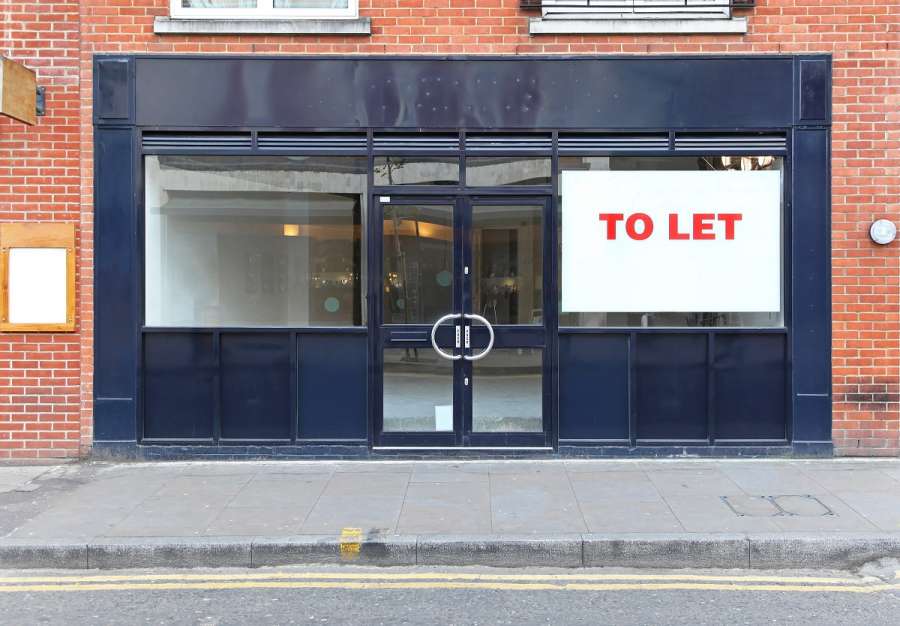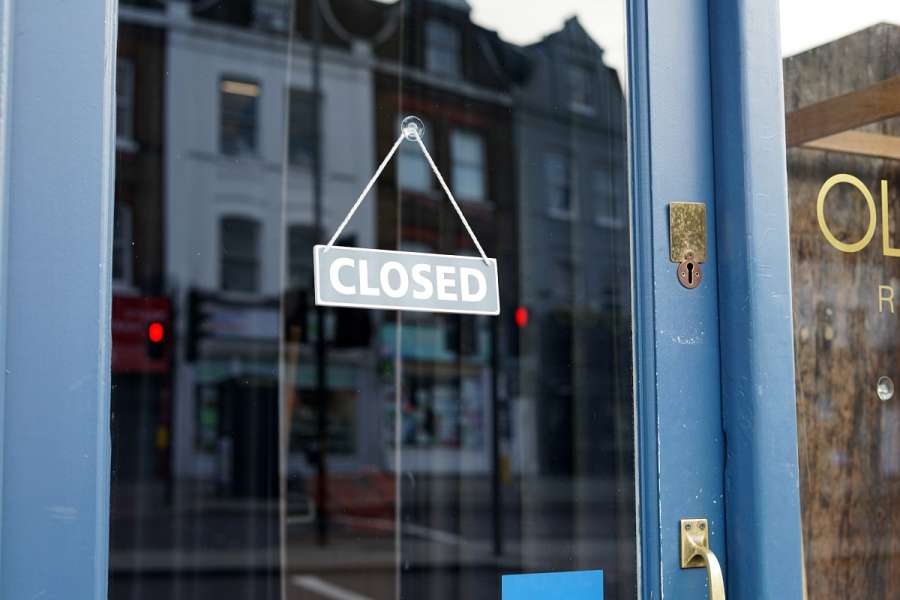Many people across the county have felt the pinch of the cost-of-living increase, whether it be the rise in energy bills, food prices or other goods.
The crisis presents a bigger problem for small and independent businesses on the high street. The high street has been a popular location for independent shops and businesses; however, the pressures of the cost of living crisis are now being felt by local businesses who are struggling to get customers through the door as the cost of energy and products rise, people have less money to spend.
Myerson's Property Litigation Team explore local closures and commercial lease terms.







